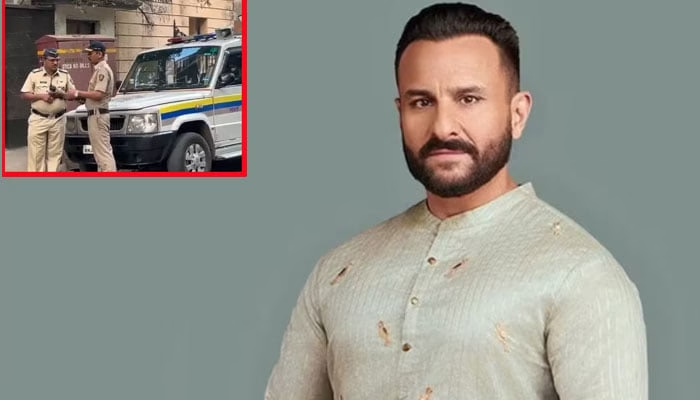Actress Rabia Kalsoom recently participated in a podcast where she openly voiced her opposition to the Women’s March, sparking a conversation about feminism and women’s rights in Pakistan.
Expressing her thoughts on the Women’s March, Kalsoom stated that she feels feminism, which is meant to advocate for the rights of all genders, is not reaching everyone it should. She highlighted the discrepancy between the ideals of feminism and the reality of its implementation, particularly within the confines of Pakistani society.
Using the example of a hypothetical scenario where a man in Pakistan reads a card instructing him to find his socks himself, Kalsoom illustrated her point about the perceived miscommunication surrounding feminist ideals. She suggested that while the intention behind such messages may be genuine, the execution often falls short and can lead to misunderstandings. Moreover, she expressed concern that such messages could inadvertently perpetuate harmful stereotypes and attitudes towards men.
Kalsoom emphasized the importance of addressing domestic violence and ensuring that women have access to education and employment opportunities. She argued that feminism should extend beyond symbolic gestures, such as marches, and focus on tangible actions that promote gender equality and empower women in society.
Drawing from her personal experiences, Kalsoom highlighted the partnership and mutual respect she shares with her husband. She described how they both contribute to household chores and childcare responsibilities, challenging traditional gender roles and expectations. Additionally, she asserted that addressing issues of domestic violence should be a priority for feminists, regardless of the circumstances, as violence against women is never justified.
Kalsoom’s remarks reflect a nuanced understanding of feminism and its relevance in the Pakistani context. By critiquing the Women’s March and advocating for a more inclusive and action-oriented approach to feminism, she has sparked important conversations about gender equality and women’s rights in the country. Her perspective serves as a reminder that feminism is a complex and multifaceted movement that requires thoughtful consideration of intersecting social, cultural, and political dynamics.
Rabia Kalsoom’s comments on the Women’s March and feminism in Pakistan underscore the need for a nuanced and inclusive approach to addressing gender inequality. By engaging in open and honest dialogue, individuals like Kalsoom contribute to the ongoing conversation about women’s rights and pave the way for meaningful change in society.



